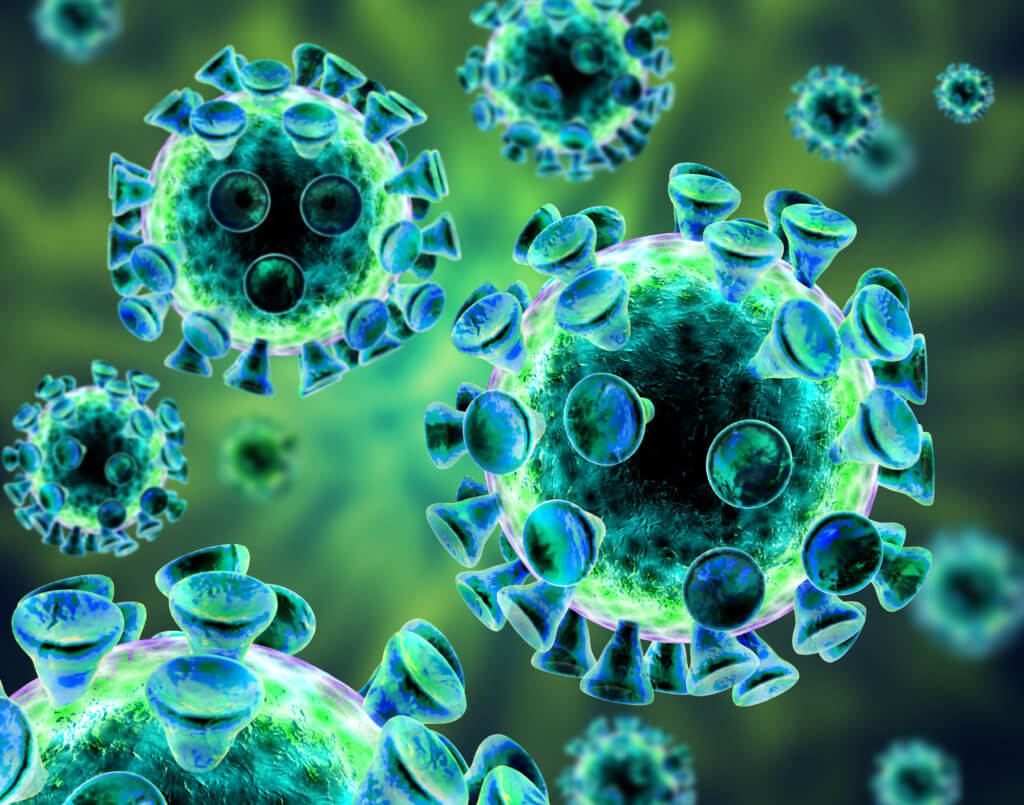Choosing a cord blood bank
As parents there are so many decisions to make, from choosing the perfect buggy to the best brand of nappies. Fortunately, help is at hand quick search on google will bring up a plethora of reviews and forums all packed with advice for the family to be. But what about cord blood banking? In the absence of a friend recommendation how exactly would you know who to choose?
Cord blood bank comparison tables
Nearly all cord blood banks provide a table where to compare cord blood banks themselves to their competitors – the problem is – these tables are often loaded with things that make the bank sound good but are completely irrelevant. At cordbloodAWARE we wanted to demystify the comparison table provide guidance on what really matters…
Cord blood banking – what’s important?
We have picked out the three most important considerations:
1) HTA license
All cord blood banks operating in the UK must be inspected and licensed by the Human Tissue Authority. Any company offering banking services without this licence is acting unlawfully.
TIP: Only use a licensed cord blood bank
2) Processing technology
How the cord blood is processed determines the future use of the cord blood – not all processing is the same. There are currently three types of processing method offered in the UK:
- Whole blood – everything collected on the day is stored, nothing is thrown away. It offers high cell numbers with a variety of cell types
- Volume reduction technology – this involves removing as many of the red blood cells as possible prior to freezing and storage. It is important to know that not all volume reduction technologies are the same and here are a variety of systems on the market. The AXP system is used by the leading cord blood banks in the USA and is also the preferred system adopted by the NHS, due to its high performance.
- TotiCyte technology – this new-patented cord blood processing technology is the natural evolution of volume reduction. By removing over 99% of red blood cells from the cord blood the result is a concentrated stem cell rich sample that is able to deliver 2-5 x more viable cells at the point of treatment over traditional volume reduction systems.
TIP: Number of cells matters – the more cells you have, the greater the potential use – always ask about what method is used to process the cord blood.
3) 24 Hour service
Time is of the essence so making sure your cord blood bank operates 24/7 and can get your baby’s stem cells back to the laboratory and processed as soon as possible is essential as this will determine the quality of the sample and potential use.
TIP: Opt for a bank that provides a 24-hour sample pick up service




